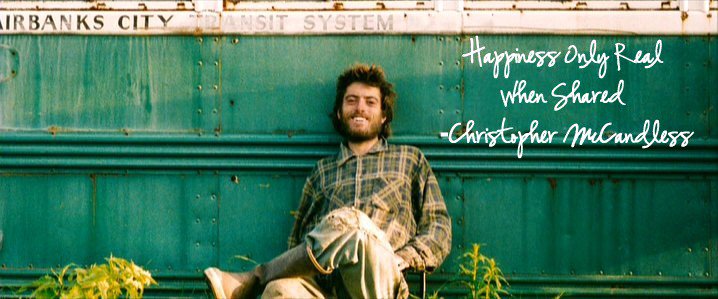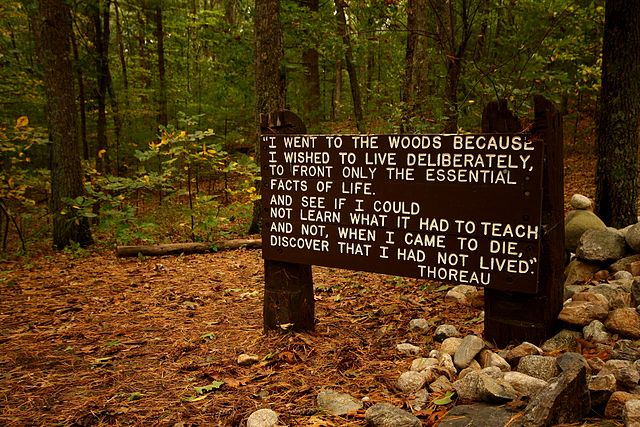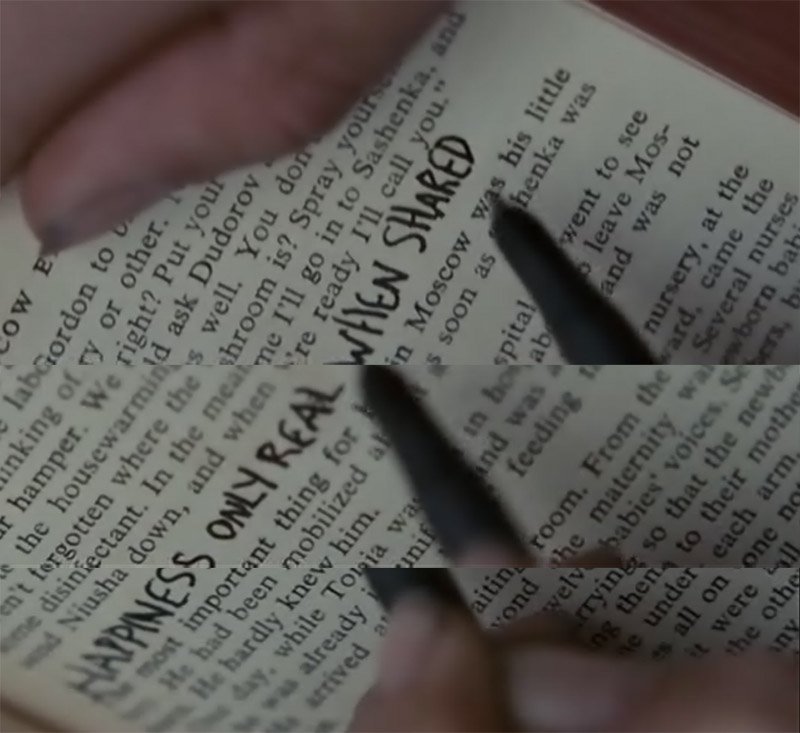"Happiness only real when shared" - Christopher McCandless (aka Alexander Supertramp)
This was the conclusion Christopher McCandless (aka Alexander Supertramp) came to during his dying moments after accidentally eating a toxin caused malabsorption leading him to a slow starvation.

I watched “Into the Wild” back in 2019. It retold the story of a vagabond who decided to completely break away from society, including his family. He traveled throughout the south and west US coasts, into Canada, and finally towards his goal of Alaska over 112 days of travel.
Now, Chris was an interesting character - athletic and intelligent, but judged others against a strong moral code (moral absolutism).
Moral absolutism asserts that there are certain universal moral principles by which all peoples’ actions may be judged [1]. That there there is an intrinsic right and wrong, regardless of the context or consequences [2].
He lived minimally, rarely leaving his room unless needed, spending most of his time living in the books of Thoreau, Tolstoy, Emerson, and the likes.

And after a series of failings around his upbringing, he began to reject the modern consumerist lifestyle and completely adopted an overly ideal and pantheistic philosophy.
Pantheism asserts that the universe and reality are manifestations of god/divinity/supreme being.
“You don’t need human relationships to be happy, God has placed it all around us.” - Christopher McCandless
Watching Chris was particularly difficult because I had shared a lot of his worldview and vagabond desires at some point, albeit not quite as extreme.
There is no greater joy than to have an endlessly changing horizon, for each day to have a new and different sun.” - Christopher McCandless
Ultimate freedom. An extremist. An aesthetic voyager whose home is the road. Escaped from Atlanta. Thou shalt not return, ‘cause “the West is the best.” And now after two rambling years comes the final and greatest adventure, the climatic battle to kill the false being within and victoriously conclude the spiritual revolution. Ten days and nights of freight trains and hitchhiking bring him to the great white North. No longer to be poisoned by civilization he flees, and walks along upon the land to become lost in the wild.” - Christopher McCandless
While he made friends during his journey, many of whom grew attached to him for his aspiring yet bewildering passion (even wanting to adopt him), he was cruelly blunt with his philosophy that relationships and friendships weren’t necessary to living life to it’s fullest potential.
As smart as Chris apparently was, he made some idiotic judgements. He was an idealist who overly romaticized the “great Alaskan odyssey”, which left him very poorly prepared for when he was trapped along a trail due to an impassable river.
He had some good hunting days while stranded, but eventually degenerated into a frantic hypoglycemic delirium when food became scarce and he failed to preserve a moose before maggots.
He eventually resorted to seeds and berries until he accidentally took the wrong one, poisoning him.
During the final days, too weak to move, he realized his desire for solitary happiness in god’s gift of nature was a false ideal. Moments before zipping his weak body into his sleeping bag, he writes a single statement, “Happiness only real when shared”.

Chris’s story is a tragic one. Dying alone is everyone’s greatest fear. Happiness is distributed among the relationships you share and without them, life is empty. That said, compulsive oversharing deprives experiences of meaning as much as the faux happiness of solitary life.
Live a life well balanced.
Enjoy Reading This Article?
Here are some more articles you might like to read next: